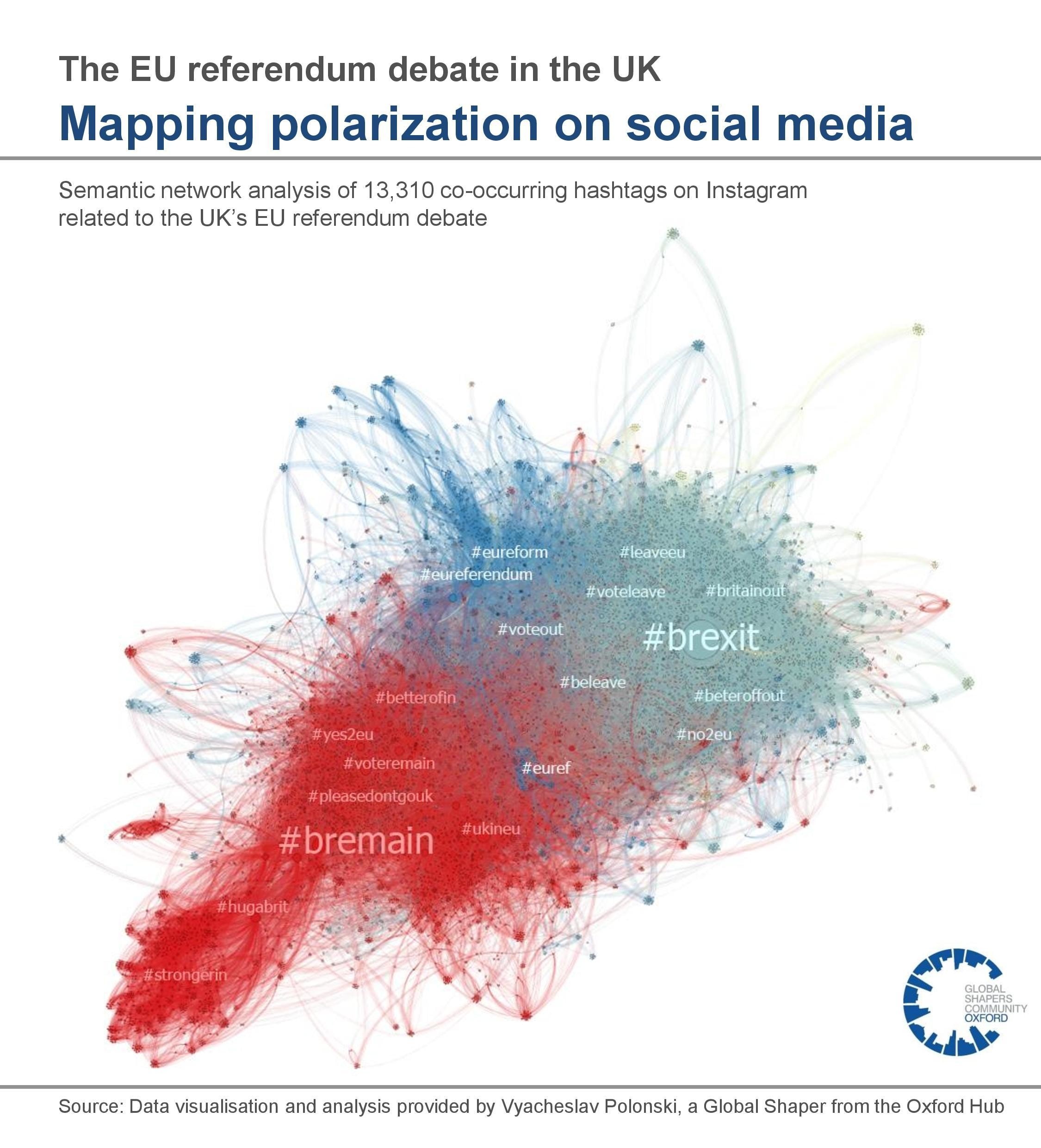https://nyti.ms/2LzRzwq
Facebook’s board works more like an advisory committee than an overseer, because Mark controls around 60 percent of voting shares. Mark alone can decide how to configure Facebook’s algorithms to determine what people see in their News Feeds, what privacy settings they can use and even which messages get delivered. He sets the rules for how to distinguish violent and incendiary speech from the merely offensive, and he can choose to shut down a competitor by acquiring, blocking or copying it.
We are a nation with a tradition of reining in monopolies, no matter how well intentioned the leaders of these companies may be. Mark’s power is unprecedented and un-American.
It is time to break up Facebook.
America was built on the idea that power should not be concentrated in any one person, because we are all fallible. That’s why the founders created a system of checks and balances.
More legislation followed in the 20th century, creating legal and regulatory structures to promote competition and hold the biggest companies accountable.
Starting in the 1970s, a small but dedicated group of economists, lawyers and policymakers sowed the seeds of our cynicism. Over the next 40 years, they financed a network of think tanks, journals, social clubs, academic centers and media outlets to teach an emerging generation that private interests should take precedence over public ones. Their gospel was simple: “Free” markets are dynamic and productive, while government is bureaucratic and ineffective.
American industries, from airlines to pharmaceuticals, have experienced increased concentration, and the average size of public companies has tripled. The results are a decline in entrepreneurship, stalled productivity growth, and higher prices and fewer choices for consumers.
From our earliest days, Mark used the word “domination” to describe our ambitions, with no hint of irony or humility.
Facebook’s monopoly is also visible in its usage statistics. About 70 percent of American adults use social media, and a vast majority are on Facebook products. Over two-thirds use the core site, a third use Instagram, and a fifth use WhatsApp. By contrast, fewer than a third report using Pinterest, LinkedIn or Snapchat. What started out as lighthearted entertainment has become the primary way that people of all ages communicate online.
The F.T.C.’s biggest mistake was to allow Facebook to acquire Instagram and WhatsApp. In 2012, the newer platforms were nipping at Facebook’s heels because they had been built for the smartphone, where Facebook was still struggling to gain traction. Mark responded by buying them, and the F.T.C. approved.
The News Feed algorithm reportedly prioritized videos created through Facebook over videos from competitors, like YouTube and Vimeo. In 2012, Twitter introduced a video network called Vine that featured six-second videos. That same day, Facebook blocked Vine from hosting a tool that let its users search for their Facebook friends while on the new network. The decision hobbled Vine, which shut down four years later.
unlike Vine, Snapchat wasn’t interfacing with the Facebook ecosystem; there was no obvious way to handicap the company or shut it out. So Facebook simply copied it. (opyright law does not extend to the abstract concept itself.)
As markets become more concentrated, the number of new start-up businesses declines. This holds true in other high-tech areas dominated by single companies, like search (controlled by Google) and e-commerce (taken over by Amazon). Meanwhile, there has been plenty of innovation in areas where there is no monopolistic domination, such as in workplace productivity (Slack, Trello, Asana), urban transportation (Lyft, Uber, Lime, Bird) and cryptocurrency exchanges (Ripple, Coinbase, Circle).
The choice is mine, but it doesn’t feel like a choice. Facebook seeps into every corner of our lives to capture as much of our attention and data as possible and, without any alternative, we make the trade.
Just last month, Facebook seemingly tried to bury news that it had stored tens of millions of user passwords in plain text format, which thousands of Facebook employees could see. Competition alone wouldn’t necessarily spur privacy protection — regulation is required to ensure accountability — but Facebook’s lock on the market guarantees that users can’t protest by moving to alternative platforms.
Mark used to insist that Facebook was just a “social utility,” a neutral platform for people to communicate what they wished. Now he recognizes that Facebook is both a platform and a publisher and that it is inevitably making decisions about values. The company’s own lawyers have argued in court that Facebook is a publisher and thus entitled to First Amendment protection.
As if Facebook’s opaque algorithms weren’t enough, last year we learned that Facebook executives had permanently deleted their own messages from the platform, erasing them from the inboxes of recipients; the justification was corporate security concerns.
Mark may never have a boss, but he needs to have some check on his power. The American government needs to do two things: break up Facebook’s monopoly and regulate the company to make it more accountable to the American people.
++++++++++++++++++++
We Don’t Need Social Media
The push to regulate or break up Facebook ignores the fact that its services do more harm than good
Colin Horgan, May 13, 2019
https://onezero.medium.com/we-dont-need-social-media-53d5455f4f6b
Hughes joins a growing chorus of former Silicon Valley unicorn riders who’ve recently had second thoughts about the utility or benefit of the surveillance-attention economy their products and platforms have helped create. He is also not the first to suggest that government might need to step in to clean up the mess they made
Nick Srnicek, author of the book Platform Capitalism and a lecturer in digital economy at King’s College London, wrotelast month, “[I]t’s competition — not size — that demands more data, more attention, more engagement and more profits at all costs
++++++++++++++++++++
more on Facebook in this IMS blog
https://blog.stcloudstate.edu/ims?s=facebook
